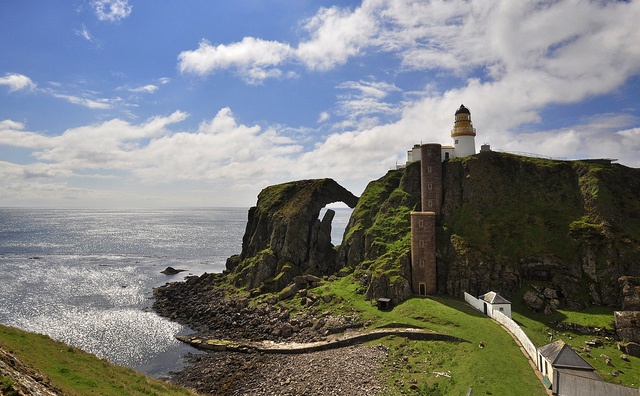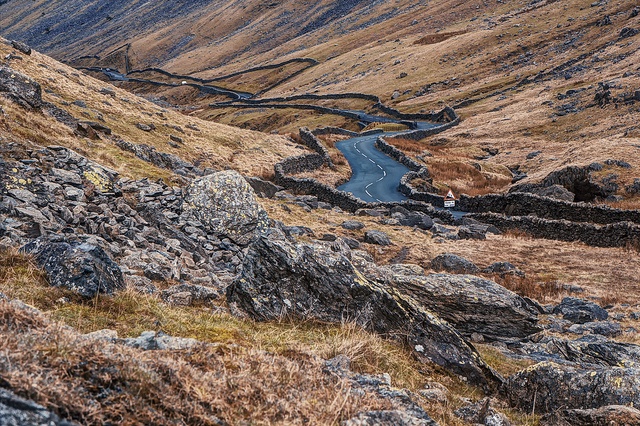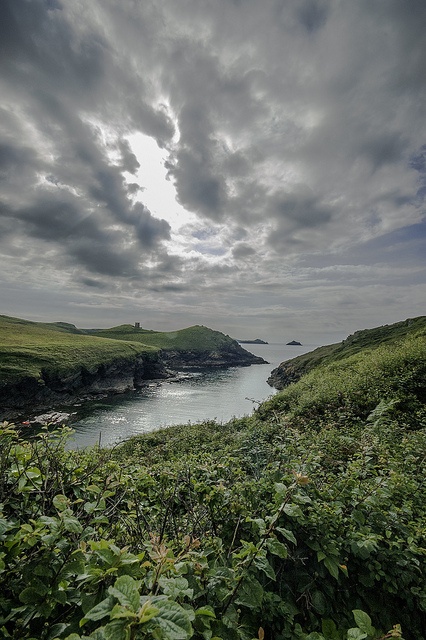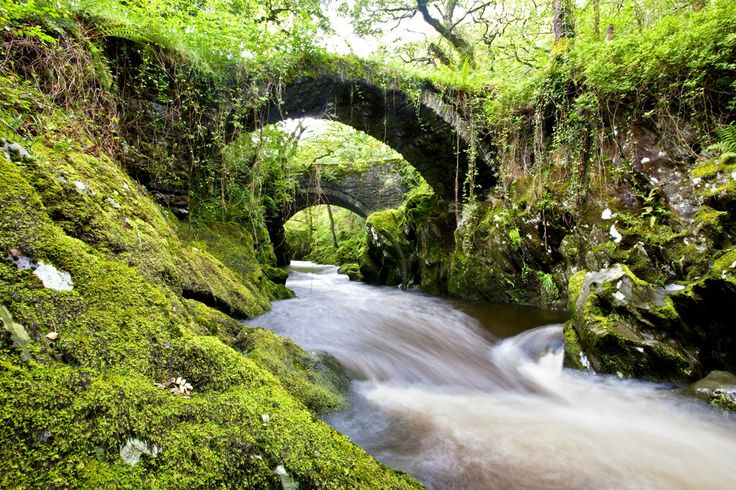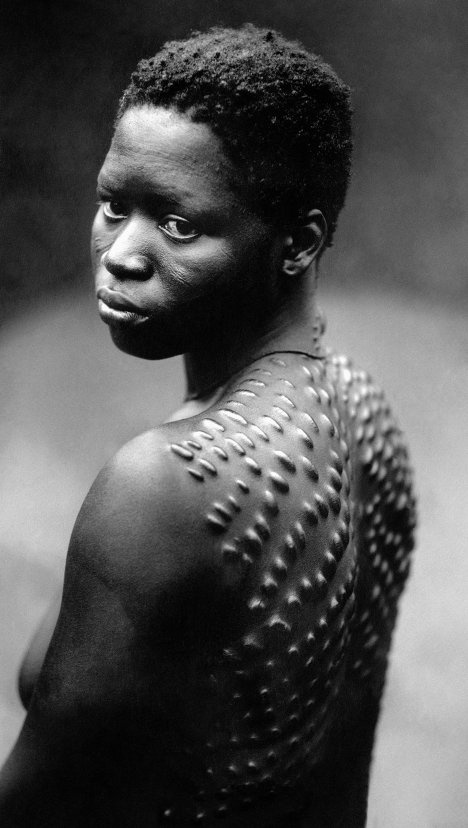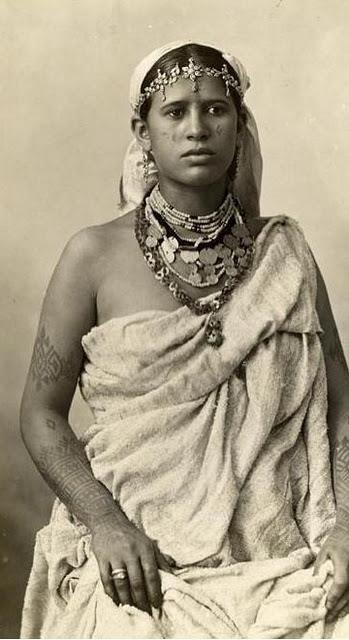Reino Unido y el Nuevo Imperialismo.Reino Unido y África
VIDEO LETRA ESPAÑOL- INGLES SUBTITULADO:
http://youtu.be/u4W_S9W58k0
TRADUCCIÓN: SOBRE PALABRA O FRASE Nº 25
‘ENCIMA’. Adverbio
1 (EN) deja la taza allí encima,leave the cup on there;
no llevo dinero encima, I haven’t got any money on me
2 (sobre) ON TOP: ¿ CUAL? – EL QUE ESTÁ ENCIMA, which one?-
– The one on top.
Reino Unido y el Nuevo Imperialismo
La política e ideología de la expansión colonial europea entre 1870 y el comienzo de la Primera Guerra Mundial en 1914 se denominan a menudo como el «Nuevo Imperialismo». El período se caracteriza por una búsqueda sin precedentes de «el imperio por el imperio», una competición agresiva entre las potencias para conseguir territorios de ultramar y la aparición en los países conquistadores de doctrinas que justifican la superioridad racial y que niegan la aptitud de los pueblos subyugados para gobernarse por sí mismos.
Durante este período, las potencias europeas sumaron casi 23.000.000 km² a sus posesiones coloniales. Dado que antes de 1880 estaba prácticamente desocupada por las potencias occidentales, África se convirtió en el principal objetivo de la «nueva» expansión imperialista, aunque esta conquista afectó igualmente a otras áreas; en especial el Sudeste asiático y el Pacífico, donde los Estados Unidos y Imperio del Japón se unieron a las potencias europeas en su lucha por territorios.
La entrada del Reino Unido en la nueva era imperial se fecha a menudo en 1875, año en que el gobierno conservador de Benjamin Disraeli compró al endeudado gobernante de Egipto, Ismail Pasha, su parte en el Canal de Suez para asegurarse el control de esta vía estratégica, un canal para el tráfico entre Reino Unido y la India desde su apertura seis años antes, bajo el Emperador Napoleón III. El control financiero conjunto de Reino Unido y Francia sobre Egipto acabó en la ocupación británica del país en 1882.
Reino Unido y África
Durante las Guerras Napoleónicas las islas Seychelles cambiaron de manos en diversas ocasiones. El Reino Unido de Gran Bretaña e Irlanda controló las islas entre 1794 y 1811, para convertirse definitivamente en posesión británica tras el Tratado de París de 1814. La colonia de las Seychelles fue una dependencia de Mauricio hasta 1903.
En 1810 durante las Guerras Napoleónicas a pesar de la derrota naval británica de la Batalla de Grand-Port cerca de la Isla de Francia (Actual Mauricio) contra los franceses, éstos fueron derrotados por los británicos al norte de la isla, en Cabo Malheureux, un mes después. Los británicos invaden la Isla de Mauricio el 3 de diciembre de 1810 y el 6 de diciembre de 1810, Mauricio capituló ante el vice-almirante Albemarle Bertie. Ello significó la pérdida de la posesión a favor de los británicos y la posterior reversión de la isla a su nombre antiguo.
En 1875 las dos posesiones europeas más importantes en África eran Argelia y la Colonia del Cabo. En 1914 tan sólo Etiopía y la república de Liberia permanecían fuera del control europeo. La transición entre un «imperio informal» que controlaba a través de la dominación económica y el control directo supuso una lucha por el territorio entre las potencias europeas.
La actividad francesa, belga y portuguesa en la zona del Río Congo amenazaba con debilitar la ordenada colonización del África tropical. La Conferencia de Berlín de 1884–85 pretendía regular la competición entre las potencias, definiendo la «ocupación efectiva» como el criterio para el reconocimiento internacional de las reivindicaciones territoriales, una fórmula que precisó del recurso habitual a la violencia contra los estados y pueblos indígenas.
La ocupación de Egipto por parte del Reino Unido en 1882 (a raíz de los intereses en el Canal de Suez) contribuyó a un aumento de la preocupación respecto del control del valle del Nilo, que condujo a la conquista del vecino Sudán en 1896–98 y al enfrentamiento con fuerzas expedicionarias francesas en Fashoda en septiembre de 1898).
En 1899 Reino Unido se lanzó a completar la conquista de Sudáfrica, que había comenzado con la anexión en 1795 de El Cabo, a través de la invasión de las repúblicas afrikaner en la región productora de oro del Transvaal y del vecino Estado Libre de Orange. La British South Africa Company ya había tomado las tierras al norte, rebautizándolas como Rodesia en homenaje a su jefe, el magnate del Cabo Cecil Rhodes. Las críticas por estas anexiones condujeron al «Espléndido aislamiento» del Reino Unido.
Las conquistas británicas en el África meridional y oriental, lanzaron a Rhodes y a Alfred Milner, el Alto Comisionado británico en Sudáfrica, a solicitar con urgencia un Imperio unido por ferrocarril «desde el Cabo hasta El Cairo», que uniría el estratégicamente importante Canal de Suez con el sur, rico en minerales, aunque la ocupación alemana de Tanganyika evitó su realización hasta el final de la Primera Guerra Mundial.
En 1903, el sistema de telégrafo ya comunicaba las partes más importantes del Imperio.
Paradójicamente, Reino Unido, acérrima defensora del libre comercio, emergió en 1914 no sólo con el mayor imperio de ultramar gracias a su larga presencia en la India, sino como vencedora en la lucha por África, dada su ventajosa posición al comienzo de la misma. Entre 1885 y 1914 Reino Unido tomó aproximadamente al 30% de la población africana bajo su control, comparado con el 21% de Francia, el 9% de Alemania, el 7% de Bélgica o el 1% de Italia: sólo Nigeria contribuía con 15 millones de súbditos, más que todo el África Occidental Francesa o todo el imperio colonial de Alemania.
**********************************************************************
United Kingdom and the New Imperialism
The politics and ideology of European colonial expansion between 1870 and the beginning of the First World War in 1914 are often referred to as the «New Imperialism.» The period was characterized by an unprecedented pursuit of «the empire for empire ‘, an aggressive competition among the powers for overseas territories and the emergence in the conquering countries of doctrines of racial superiority and justify denying the ability of subjugated peoples to govern themselves.
During this period, European powers totaled nearly 23,000,000 km ² to its colonial possessions. Given that before 1880 was virtually unoccupied by the Western powers, Africa became the main objective of the «new» imperialist expansion, although this conquest also affected other areas; especially Southeast Asia and the Pacific, where the United States and the Empire of Japan joined the European powers in their fight for territories.
The UK entry in the new imperial age is often dated to 1875 , when the Conservative government of Benjamin Disraeli bought the indebted ruler of Egypt , Ismail Pasha, his part in the Suez Canal to ensure control of this pathway strategic channel for traffic between the UK and India since its opening six years earlier, under Emperor Napoleon III . The set of financial control UK and France over Egypt ended in the British occupation of the country in 1882 .
UK and Africa
During the Napoleonic Wars the Seychelles islands changed hands several times. The United Kingdom of Great Britain and Ireland controlled the islands between 1794 and 1811 , for possession definitely become British after the Treaty of Paris of 1814 . The colony of the Seychelles was a dependency of Mauritius until 1903 .
In 1810 during the Napoleonic Wars despite the naval defeat British in the Battle of Grand Port near the Isle of France (Current Mauritius ) against the French , they were defeated by the British north of the island, Cape Malheureux, a month later. The British invaded the island of Mauritius on December 3, 1810 and December 6, 1810, Mauricio capitulated to Vice Admiral Albemarle Bertie . This meant the loss of possession in favor of the British and the subsequent reversal of the island to its former name.
In 1875 the two most important European holdings in Africa were Algeria and the Cape Colony . In 1914 only Ethiopia and the republic of Liberia remained outside European control. The transition from an «informal empire» that controlled through economic domination and direct control represented a territorial struggle between European powers.
The activity French , Belgian and Portuguese in the vicinity of the Congo River threatened to undermine orderly colonization of tropical Africa. The Berlin Conference of 1884 – 85 sought to regulate the competition between the powers by defining «effective occupation» as the criterion for international recognition of territorial claims, a formula that required the habitual use of violence against the state and indigenous peoples .
The occupation of Egypt by the United Kingdom in 1882 (following interests in the Suez Canal ) contributed to increased concern about the control of the valley of the Nile , which led to the conquest of the neighboring Sudan in 1896 – 98 and confrontation with French expeditionary forces in Fashoda in September 1898 ).
In 1899 the United Kingdom took to complete the conquest of South Africa , which had begun with the annexation in 1795 of the Cape , through the invasion of the Afrikaner republics in the gold producing region of Transvaal and the neighboring Orange Free State . The British South Africa Company had already taken the lands north, you rebautizándolas as Rhodesia in honor of his boss, the Cape tycoon Cecil Rhodes . The reviews for these annexations led to » Splendid Isolation «in the UK.
British gains in southern and East Africa, took to Rhodes and Alfred Milner , the British High Commissioner in South Africa, urgently requesting an empire united by rail «from the Cape to Cairo «, which would link the strategically important Suez Canal to the south, rich in minerals, although the German occupation of Tanganyika prevented its realization until the end of the First World War .
In 1903 , the telegraph system and communicating the most important parts of the Empire.
Paradoxically, UK, staunch advocate of free trade, emerged in 1914 with not only the largest overseas empire thanks to its long presence in India, but as a winner in the scramble for Africa, given its advantageous position at the beginning of it. Between 1885 and 1914 the United Kingdom took approximately 30% of Africa’s population under its control, compared to 21% in France , 9% for Germany , 7% for Belgium and 1% of Italy : only Nigeria contributed with 15 million subjects, more than the entire French West Africa or the entire German colonial empire .
Fuente que utilizo: http://es.wikipedia.com
